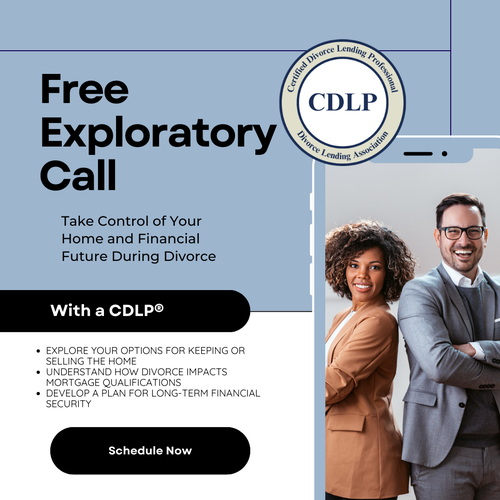
A trigger lead is a marketing product created by national credit bureaus. When a homeowner applies for a new mortgage loan, credit bureaus like Experian, TransUnion, and Equifax sell information about the loan application to participating lenders. These lenders are interested in consumers actively seeking a new mortgage loan and use this information to initiate a marketing process, competing for the borrower’s business.
Trigger leads are legal and, in theory, offer benefits to consumers by providing the best possible price on services when many providers compete. However, trigger leads are often used by companies that may misrepresent themselves to trick borrowers.
How Do Trigger Leads Work?
Responsible consumers know that carefully researching lenders and offers is crucial to finding the best mortgage or auto loan. However, after applying, you might start receiving calls from lenders you've never heard of, with offers that seem too good to be true. This happens because, once you fill out a loan application and give a lender permission to pull your credit report, the national credit bureaus note that you are shopping for credit. They then turn this information into a trigger lead and sell it to competing lenders, often within 24 hours of application.
The Federal Trade Commission (FTC) has stated that trigger leads can help consumers discover other loans and compare costs and terms more easily.
Risks for Divorcing Homeowners
While trigger leads are legal, there is no way for a mortgage lender who purchases them to know why the homeowner is seeking a new mortgage loan. For example, a divorcing homeowner might be exploring options to refinance the existing mortgage loan on the marital home. If the divorce petition hasn't been filed yet and the current mortgage lender purchases the trigger lead, the lender might reach out to the other spouse to inquire about refinancing. This can inadvertently reveal the divorce intentions, causing potential conflict.
How to Prevent Trigger Leads
Whether a consumer wants to protect their personal information or streamline the borrowing process, there are ways to block trigger leads:
- National Do Not Call Registry: Lenders buying lists of trigger leads are required to scrub the list against the no-call registry.
- OptOutPrescreen.com: Registering here prohibits your name from being added to lists from major credit reporting agencies that companies use for firm offers of credit or insurance.
Are Trigger Leads Beneficial?
In theory, trigger leads can help consumers obtain better mortgage or auto loan offers. However, these sales tools often expose consumers to solicitors who may employ deceptive practices and lack the knowledge to help divorcing homeowners make informed decisions regarding their home equity solutions.
Work with a Certified Divorce Lending Professional (CDLP®)
It's always crucial to work with an experienced mortgage professional, especially one who understands the nuances of divorce. A Certified Divorce Lending Professional (CDLP®) can provide expert advice and help divorcing homeowners navigate the complexities of mortgage financing during this challenging time.
For more information and personalized assistance, contact a CDLP® today. Get a copy of the Divorcing Your Mortgage Homeowner Workbook, a guide to credit, real estate, and mortgage financing after divorce. This workbook will help you get organized, prepare, and understand your mortgage financing options, whether you need to refinance the marital home in an Equity Buy-Out situation or plan to sell and purchase a new home post-divorce.
This is for informational purposes only and not for the purpose of providing legal or tax advice. You should contact an attorney or tax professional to obtain legal and tax advice. Interest rates and fees are estimates provided for informational purposes only, and are subject to market changes. This is not a commitment to lend. Rates change daily - call for current quotations. The information contained in this newsletter has been prepared by, or purchased from, an independent third party and is distributed for consumer education purposes.
Copyright 2022—All Rights Divorce Lending Association, LLC


